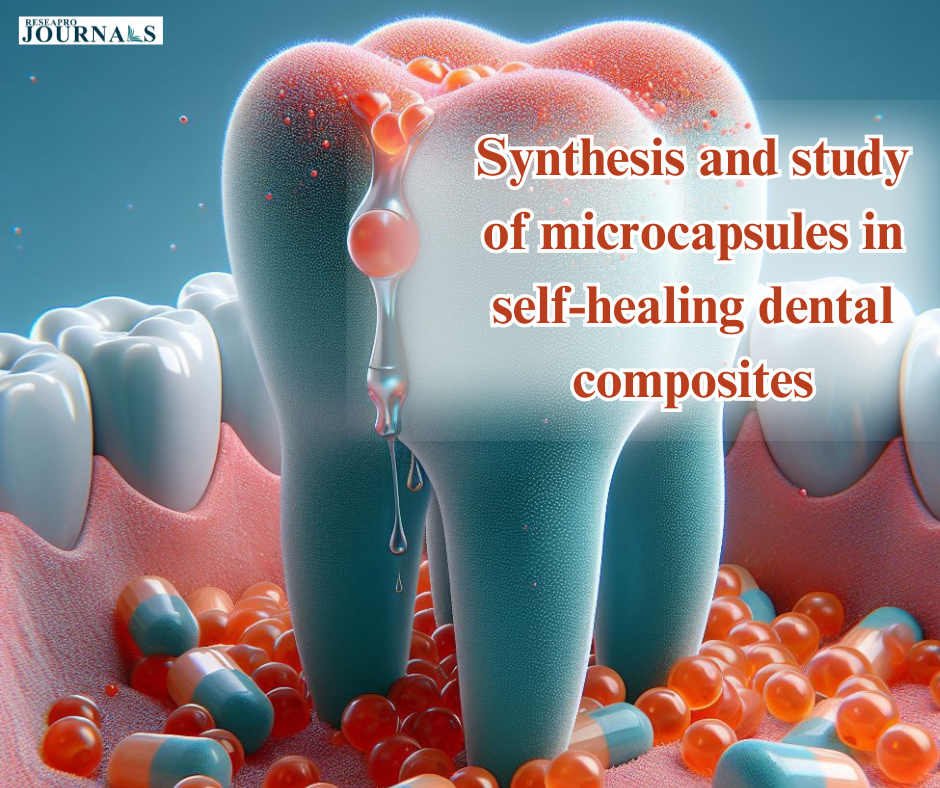|
Getting your Trinity Audio player ready...
|
The pursuit of enhancing dental resin composites has led to the synthesis and characterization of microcapsules, aiming to introduce self-healing properties. Dental composites often face challenges such as wear, cracking, and degradation over time. The incorporation of microcapsules presents a promising avenue for addressing these issues and extending the longevity of dental restorations.
Synthesis: The microcapsules are synthesized through a meticulous process involving the encapsulation of a healing agent within a protective shell. This shell, typically composed of a biocompatible polymer, acts as a reservoir for the healing agent.
Characterization: Rigorous characterization techniques, including microscopy and spectroscopy, are employed to assess the size, morphology, and structural integrity of the microcapsules. This step is crucial in ensuring the stability and effectiveness of the self-healing mechanism.
Self-Healing Mechanism: The microcapsules release their healing agent when triggered by external stimuli, such as mechanical stress or temperature changes. The healing agent then interacts with the damaged regions of the resin, promoting the restoration of structural integrity.
In conclusion, the synthesis and characterization of microcapsules represent a significant advancement in the development of self-healing dental resin composites. This innovative approach holds promise for mitigating common issues associated with dental restorations, offering a potential breakthrough in the quest for durable and long-lasting dental materials. Further research and refinement of this technology could revolutionize the field of dental materials, improving patient outcomes and the overall performance of dental composites.




